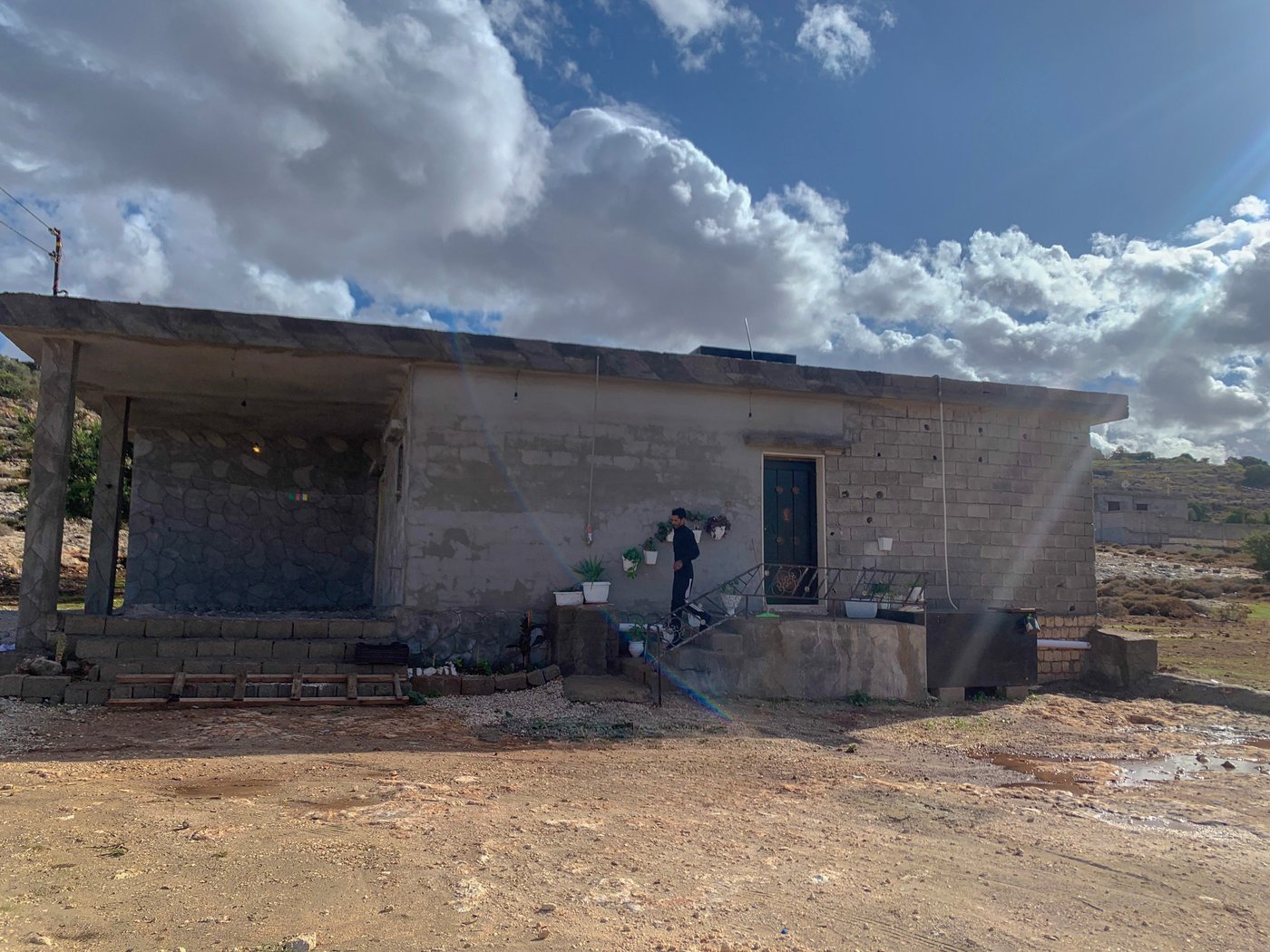Life in Shahat
For the Rafe family, life has been a constant challenge. Rafe had an unfinished house on the edge of town. It stood with rough grey walls, no windows or doors to keep out the wind. The floor inside was unfinished, a wish for stability waiting to be realised.
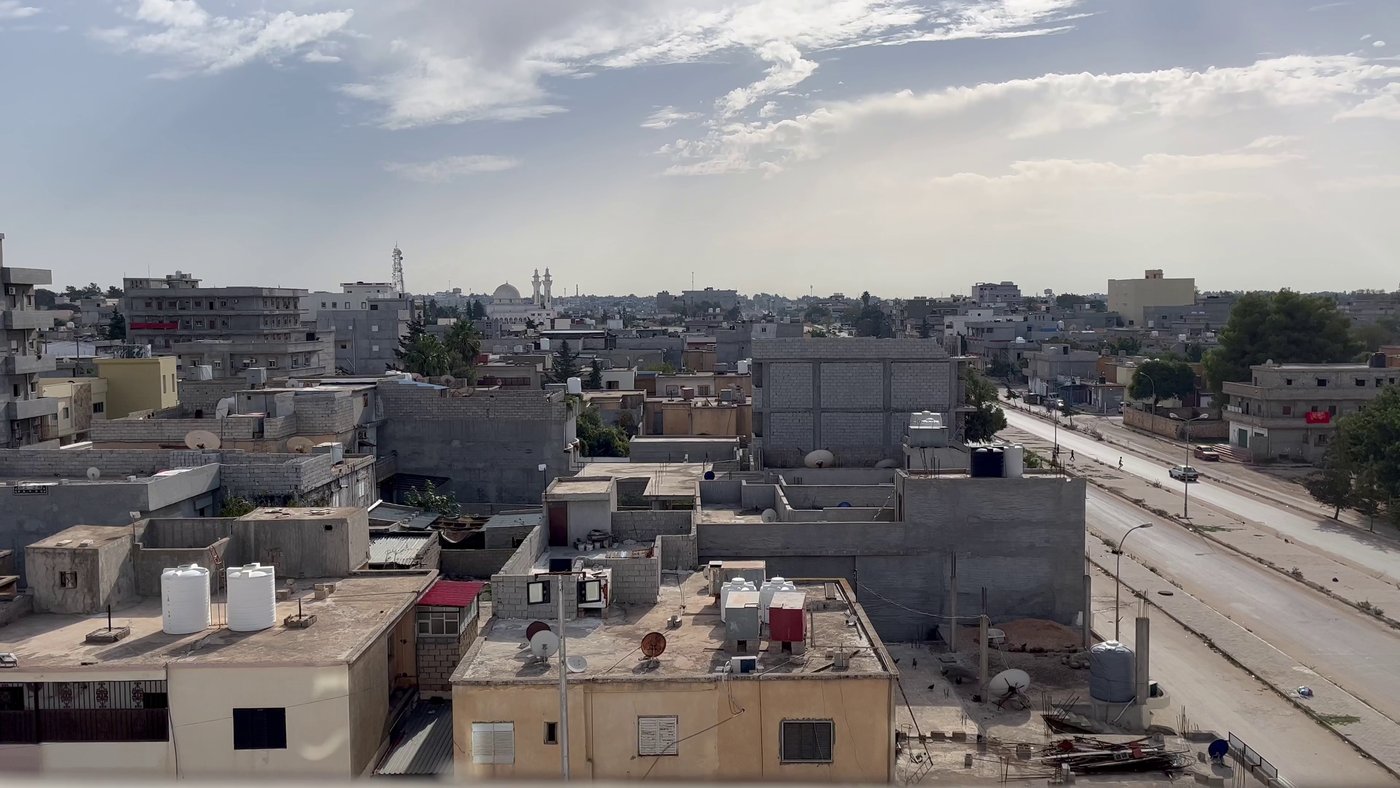
Searching for stability
With three small children under the age of four, the family rented a small apartment, hoping to stay safe and stable. But when Mr. Rafe became ill, everything changed. Medical costs grew, savings disappeared, and soon they could no longer afford rent.
The family moved in with Rafe’s parents, into small rooms shared by three generations. The house was humble, and what was meant to be a temporary refuge quickly became a source of stress. Too many people shared one roof, with no privacy, and a constant reminder of what they lost. For the children, the instability was confusing. For the parents, it was heartbreaking.
Around them, life in Shahat continues, children walking to school, trees shaking in the wind, and the call to prayer echoing through the valley. But for this family, every day remains a struggle to find stability, to rebuild what was lost, and to hold on to the hope of a better tomorrow.
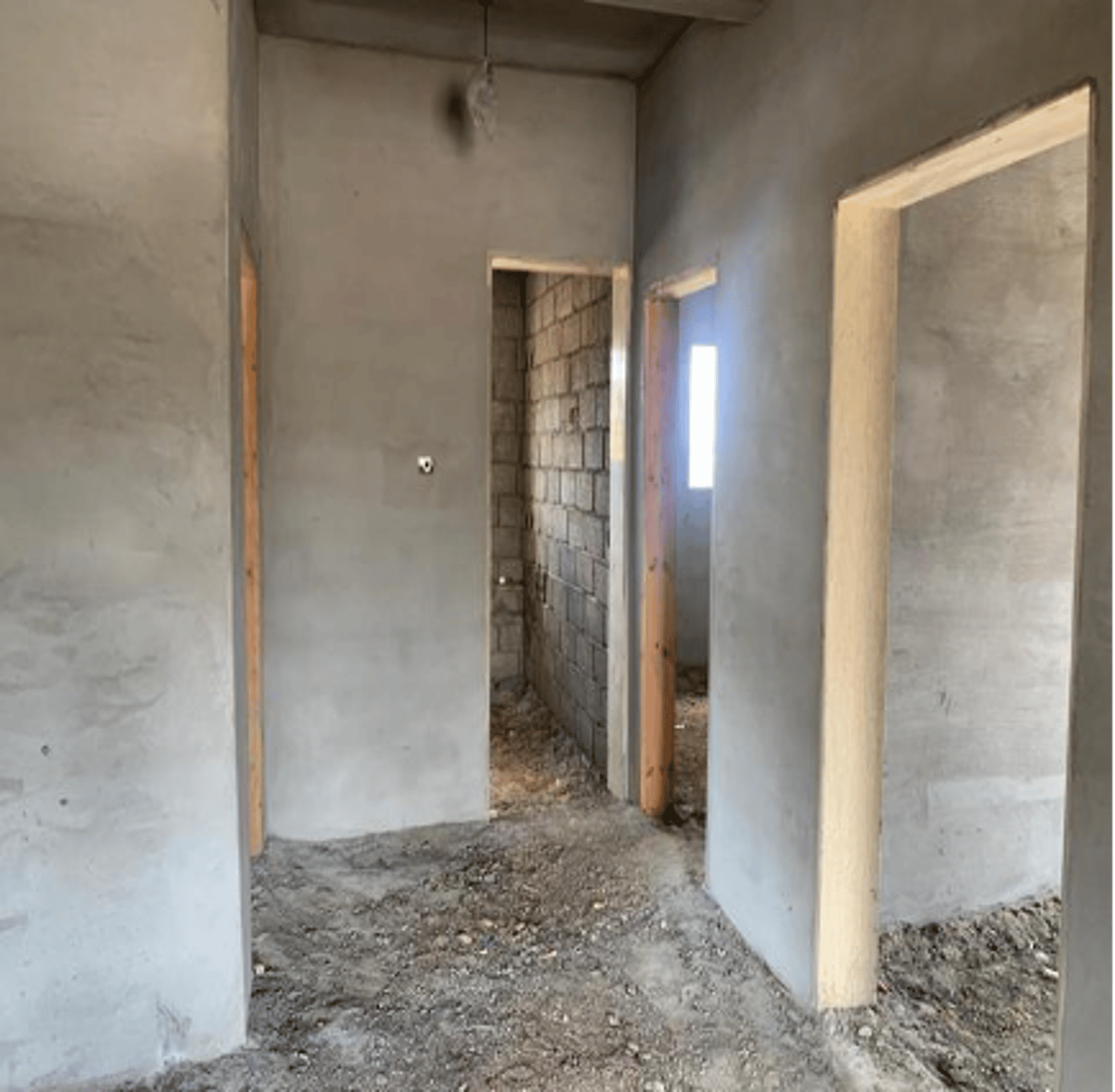
The unfinished house
In the middle of all the uncertainty, one hope remained: the unfinished house. Though incomplete, it stood as a symbol of what the family had once dreamed of: safety and stability.
That hope began to take shape when NRC learned about the family’s situation through the Ministry of Social Affairs in Shahat. Since October 2024, the Ministry has been helping families connect with organisations providing various types of support across the region. When Mr. Rafe’s illness and living conditions worsened, his case was referred to NRC for assessment.
After visiting the site, NRC engineers saw that the house was only a shell, with rough concrete walls, no windows or doors, and no proper plumbing or electricity.
NRC stepped in with support from Germany’s Federal Ministry for Economic Cooperation and Development (BMZ) through the KfW Development Bank. The shelter team completed essential finishing works, installing doors and windows, laying flooring, and carrying out plumbing, tiling, and electrical installations.
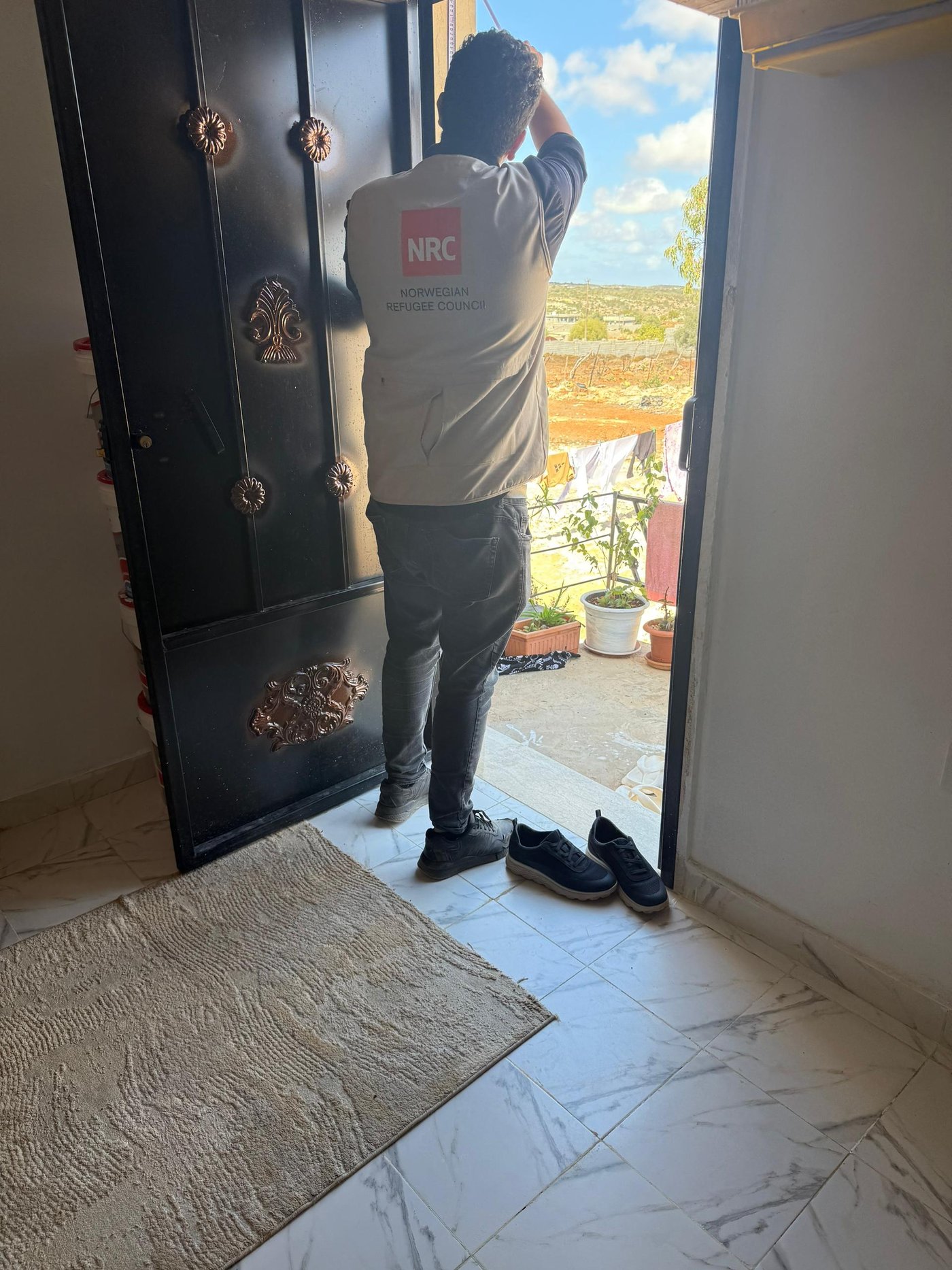
More than bricks
When the work was done, the transformation was remarkable.
“This house is not just a building, it’s our sanctuary,” says Mr. Rafe. “It’s a place where my children can grow up in safety, and it’s given us hope during the hardest time of our lives.”
For the first time in years, the family could breathe for a bit. The children had space to play, and their parents found peace in knowing they could finally provide them with security and comfort. What had once been an empty structure became a place to call home.
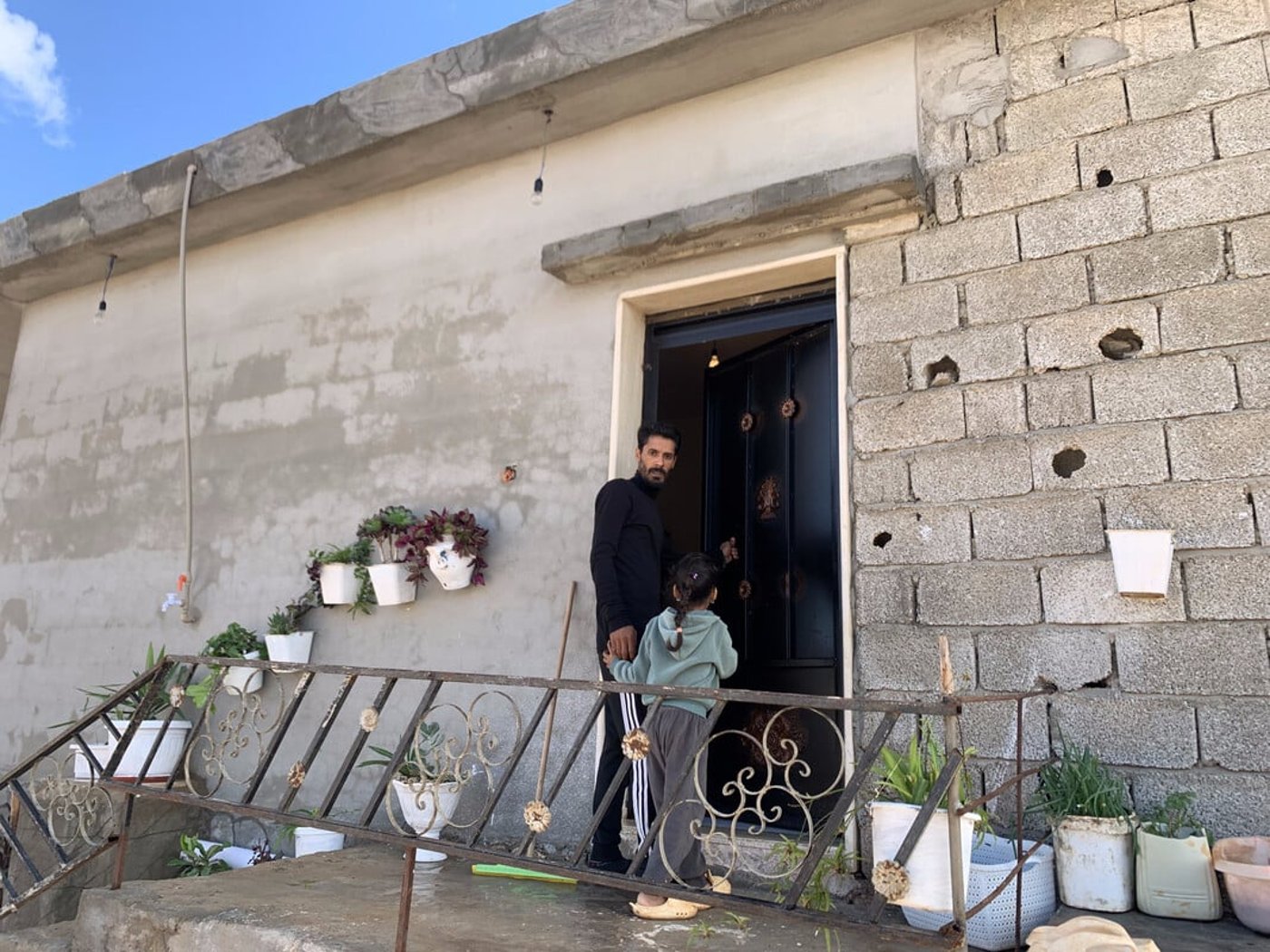
Lasting solutions
In Eastern Libya, where so many families continue to face uncertainty, the completion of this home is more than bricks and mortar. It is proof that even in the darkest times, hope can be rebuilt one door, one window, one safe home at a time.
This initiative forms part of NRC’s broader shelter programme, made possible through the partnership with Germany’s Federal Ministry for Economic Cooperation and Development (BMZ) via KfW Development Bank, supporting durable housing solutions for vulnerable families across Libya.
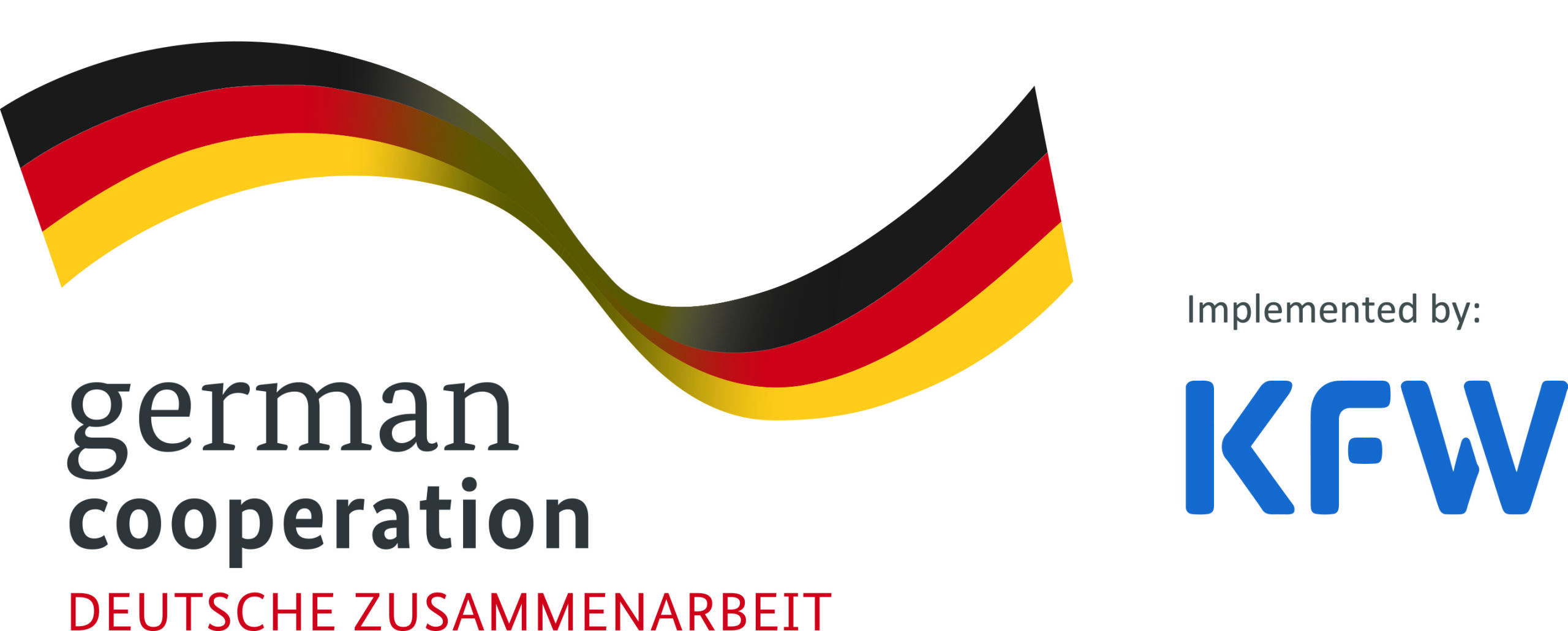
Sign up to our newsletter to read more stories from around the world.


